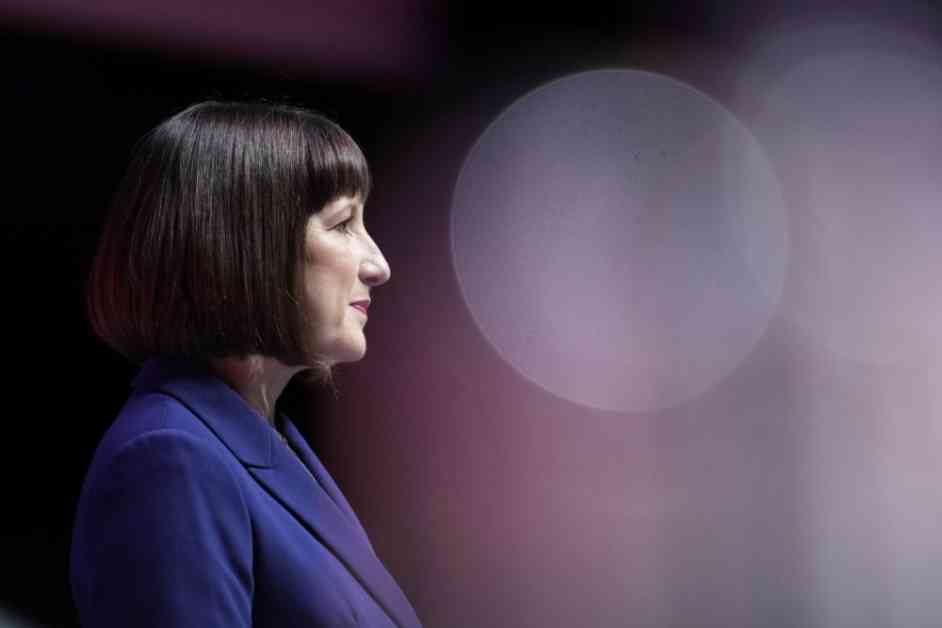Chancellor Rachel Reeves has recently come under fire from former Bank of England chief economist Andy Haldane for her alarming statements regarding the UK’s economic outlook. Haldane criticized Reeves for spreading a sense of “fear and foreboding” that could potentially hinder the ongoing economic recovery. This clash between two prominent figures in the economic world highlights the importance of the stories we tell ourselves in shaping the trajectory of our economy.
The Role of Narrative in Economics
In the realm of economics, the concept of narrative has gained increasing attention in recent years. Nobel Laureate George Akerlof and his colleague Rachel Kranton were pioneers in incorporating psychological factors such as self-image into economic analysis back in 2000. Their work challenged conventional economic thinking and paved the way for a new understanding of how narratives and sentiment impact economic outcomes.
Robert Shiller, another Nobel Laureate, further explored the role of narratives in economics in his 2017 paper titled “Narrative Economics.” Shiller emphasized the power of stories in shaping economic events, drawing on the words of philosopher Jean-Paul Sartre to underscore the pervasive influence of narratives on human behavior. By studying the stories we tell ourselves about the economy, economists can gain insights into major historical events like the Great Depression and the financial crisis of the late 2000s.
The Legacy of John Maynard Keynes
The ideas of narrative economics resonate with the work of renowned economist John Maynard Keynes, whose General Theory of Employment published in 1936 remains a seminal text in economics. Keynes recognized the importance of confidence and sentiment in driving economic activity, coining the term “animal spirits” to describe the unpredictable psychology of the business world. He warned that excessive pessimism could undermine the positive effects of public spending, highlighting the delicate balance between economic policies and public perception.
Haldane’s Critique of Chancellor Reeves
In his criticism of Chancellor Reeves, Haldane draws on the intellectual foundations laid by Keynes and other economic thinkers to caution against spreading doom and gloom narratives. Reeves’ assertion of a £22 billion black hole in public finances has raised concerns about the potential impact on consumer and investor confidence. Haldane’s argument underscores the fragility of economic recovery and the need for policymakers to tread carefully when communicating economic realities to the public.
Machine Learning and Sentiment Analysis
Recent advances in machine learning algorithms have enabled economists to analyze text data from sources like newspapers and social media to gauge sentiment and identify narratives. These technologies offer valuable insights into public perceptions of the economy, helping policymakers tailor their messaging to address concerns and bolster confidence. By leveraging data-driven approaches, economists can better understand the stories that shape economic behavior and outcomes.
Conclusion
The debate between Haldane and Reeves highlights the critical role of narratives in shaping economic outcomes. As economists increasingly recognize the power of storytelling in influencing behavior, policymakers must be mindful of the narratives they propagate. By fostering confidence and optimism through their messaging, policymakers can support economic growth and stability. As we navigate the complexities of the modern economy, understanding the impact of narratives on our collective psyche is essential for building a resilient and prosperous future.












